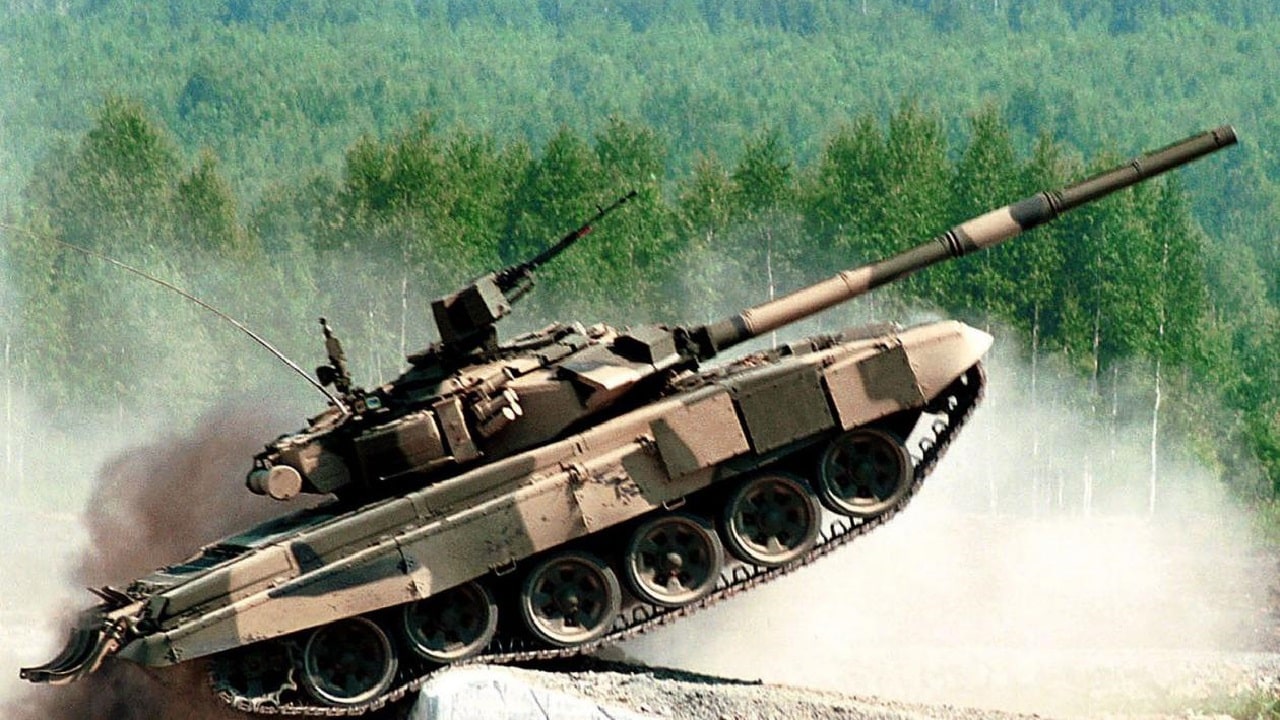Will Russia invade Ukraine or not? A resigned President Joe Biden came out late Friday afternoon to suggest that the U.S. position on a Russian invasion of Ukraine was essentially this: Pray for peace, prepare for war.
If Biden’s remarks didn’t make clear his skepticism that those prayers would be answered, he removed all doubt in the ensuing Q&A session. “As of this moment, I am convinced he’s made the decision,” he said of Russian President Vladimir Putin. “We have reason to believe that.”
That decision, Biden says, is to invade Ukraine. “We have reason to believe the Russian forces are planning to attack Ukraine in the coming week — the coming days,” he said from the White House’s Roosevelt Room. We believe that they will target Ukraine’s capital Kyiv.”
This was the culmination of days of messaging from the Biden administration. The door to diplomacy remains open until the moment Putin invades, but nobody inside the White House appears optimistic about swaying the Kremlin. Even when Putin briefly signaled he might blink, instead of declaring victory Biden’s team mostly treated it as the head fake it evidently was.
Where Biden is projecting optimism is that the West will remain united against Putin from here on out and that an invasion of Ukraine will prove costly to Moscow. The second contention may prove true no matter what kind of sanctions package can be cobbled together, depending on the extent of the Russian incursion.
We have had our own experience invading and occupying foreign lands over the past two decades. While Afghanistan and Iraq were far more alien to us than the Russian-speaking people of Ukraine are to the Putin regime, the lesson is clear that such exercises don’t always make the invading country stronger.
The Soviet Union’s own adventure in Afghanistan was similarly disastrous, hastening its defeat in the Cold War and ultimate collapse. Putin may seek to reverse the USSR’s disintegration, but Russia today is far poorer and weaker. It is no shape to occupy vast swathes of Ukraine past where the Russians might be welcome.
The first part of Biden’s hope is more debatable. Already, Germany is showing signs of equivocating. The Europeans are more economically interconnected, even with Russia, and are already enduring an energy crisis in the middle of winter that war in Ukraine could worsen. Will these allies hang together, especially if Putin limits his ambitions?
Biden has tried to take a reasonable position: We don’t want war with a nuclear-armed Russia and will not send troops to Ukraine, but do not believe Moscow should unilaterally redraw its neighbor’s borders by force. The problem is the former, however crucial, has always limited options for preventing the latter.
If unspecified sanctions don’t deter Putin, he was always secure in the knowledge that Ukraine was of far greater interest to him than it is to us.
Two questions remain regardless of what happens next in Kyiv. Was defending Ukraine’s right in principle to join NATO even if that membership remains highly unlikely for the foreseeable future worth risking a Russian invasion we won’t protect it from now? And would Putin’s conquest of Ukraine, however illegitimate, justify a new Cold War against post-communist Russia?
Such an outcome might give NATO a new purpose if members beyond the United States and the United Kingdom so desire. Russia’s increasing closeness with China, a more serious threat to U.S. interests than Moscow itself, is troubling.
But it is not clear whether our leaders have really thought this through. This includes Biden, who is trying to escape the shadow of his botched exit from Afghanistan. There too Biden had the correct policy, but the execution mattered. Here the president is trying to pivot to a new world in which there are limits to Washington’s ability while running off the Cold War’s fumes.
On Russia, many liberals are far removed from Alger Hiss. Today Russia is to their Resistance-addled minds the misinformation-spewing government that helped elect Donald Trump and Putin has admirers on the right. Meanwhile, the more hawkish conservative voices will characterize Biden’s inability to influence Putin as a sign of weakness.
The only saving grace is that wars of choice have in recent years gone poorly for the governments that have waged them. Even if Biden and the Western world lack options for imposing its will on the Kremlin, in the long run, this could be Putin’s folly.
W. James Antle III is the Washington Examiner’s politics editor. He was previously managing editor of the Daily Caller, associate editor of the American Spectator, and senior writer for the American Conservative. He is the author of Devouring Freedom: Can Big Government Ever Be Stopped? You can follow home on Twitter: @Jimantle.

